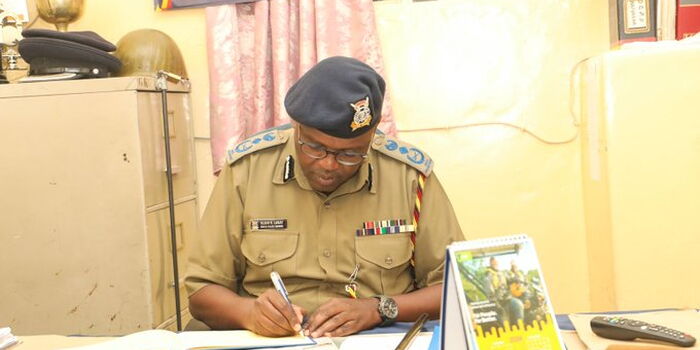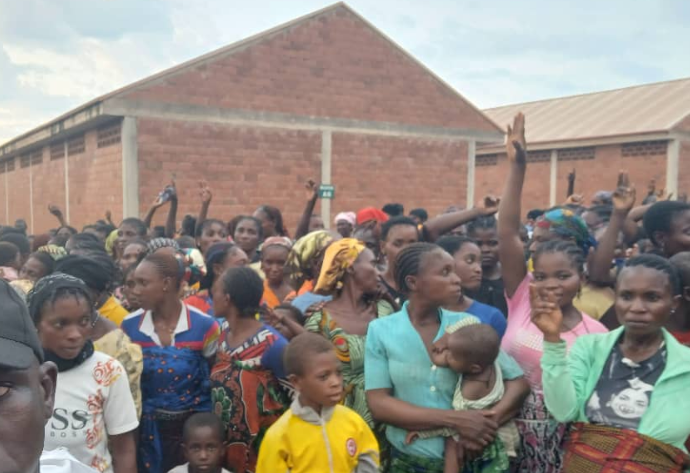Ghana Closes Embassy in Tehran, Initiates Evacuation of Nationals

The Government of Ghana has initiated the emergency evacuation of its nationals from Iran and ordered the immediate closure of its embassy in Tehran, effective June 16, 2025. This decisive action, announced by Foreign Affairs Minister Samuel Okudzeto Ablakwa via social media, comes in response to the dangerous escalation of the conflict between Israel and Iran, aiming to proactively safeguard Ghanaian lives. The evacuation order encompasses all Ghanaian nationals in Iran, including diplomats, students, professionals, and other residents, with the operation being facilitated through Iran's land borders.
Minister Ablakwa underscored that the Mahama administration is prioritizing the protection of Ghanaian lives amidst the heightened tensions. Concurrently, Ghana's embassy operations in Tel Aviv, Israel, have been scaled down to the barest minimum, although no immediate evacuation order has been issued for Ghanaians residing there. All Ghanaians in Israel have been strongly advised to maintain close communication with the consular department for ongoing updates and assistance.
Beyond immediate safety measures, the Government of Ghana has reiterated its longstanding diplomatic position, urging both Israel and Iran to de-escalate tensions, pursue peaceful dialogue, and cease hostilities. Ghana stands as one of the first African nations to implement formal evacuation procedures in response to the conflict, reflecting the serious international alarm over the potential for a wider regional war.
In a related development, President John Mahama expressed significant concern on June 14, 2025, during his Thank You Tour of the Savannah Region, regarding the global economic repercussions of the conflict. He highlighted that the surge in crude oil prices, triggered by the Middle East tensions, could undermine recent gains made in stabilizing fuel prices and Ghana's broader economy. President Mahama emphasized that despite domestic economic efforts, Ghana is not immune to the shocks of global events and has instructed his Minister of Finance and Minister of Energy to closely monitor developments and model potential impacts on petroleum prices.
The conflict between Israel and Iran reached a dangerous new height with reports of Iranian missile strikes on Tel Aviv and the port city of Haifa on June 15, 2025, which tragically resulted in at least eight fatalities and significant destruction. In retaliation, Israel’s military confirmed killing four senior Iranian intelligence officials, including the head of the Revolutionary Guards’ intelligence organization, during a wave of airstrikes. While Iran launched fewer than 100 missiles overnight, seven reportedly landed in Israeli territory, with Israel claiming to have destroyed over a third of Iran’s missile launchers. Furthermore, concerns over nuclear proliferation have risen following reports that Iran’s parliament is preparing a bill to withdraw from the Nuclear Non-Proliferation Treaty (NPT), even as Israel, widely believed to possess a substantial nuclear arsenal, remains outside the treaty.
As global concern mounts, the Ghanaian government continues to urge calm among its citizens both domestically and abroad. Emergency protocols have been activated, and the Foreign Ministry is actively collaborating with international partners to ensure the safe passage and protection of all Ghanaian nationals impacted by the conflict zones. The government assures that no effort will be spared in keeping Ghanaians safe and out of harm’s way.






